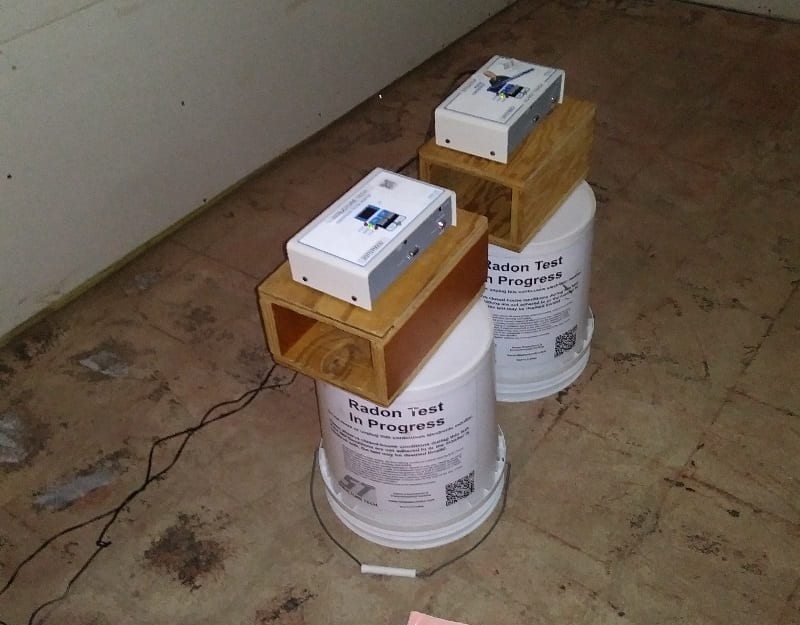Truths About Radon
The most reliable means to eliminate radon is a process called sub piece depressurization. That's when an opening is pierced via the cellar floor (concrete slab) and afterwards a pipeline is set up with a follower.
Exactly How Radon Creates Lung Cancer Cells

What https://meghadajig.doodlekit.com/blog/entry/9959789/faqs-exactly-how-to-remove-radon is radon used for today?
Radon levels are measured in picocuries per liter, or pCi/L. Levels of 4 pCi/L or higher are considered hazardous. Radon levels less than 4 pCi/L still pose a risk and in many cases can be reduced, although it is difficult to reduce levels below 2 pCi/L. Once installed, a follow-up radon test is done.
This is the case with radon, and also its impacts can be harmful. Allergic reaction patients are particularly affected by what is in their indoor air. When a radon mitigation system remains in location, you must also monitor as well as preserve it. It is a fundamental part of the radon reduction process despite the fact that it's taken into consideration an extra step. The United States EPA has established an activity level of 4 pCi/L, which indicates if the degrees in your home meet or surpass that amount you need to take action immediately.
- A home radon examination kit costs much less than $20, whereas expert radon degree Find out more testing costs $150 per examination usually.
- Sometimes residences will certainly call for a system with several radon suction points or a greater suction radon fan.
- Researchers approximate that 15,000 to 22,000 lung cancer fatalities nationwide every year belong to radon.
- If you have a radon issue in your home, you might want to figure out if your water is contributing a substantial amount to the level in your air.
- Likewise, if you know before you get, you can budget for the cost of any radon mitigation job that might need doing.
One Becquerel equals one contaminated disintegration per secondly. Picocuries per litre of air, or pCi/L, which is one of the favored measurements for the rate of degeneration in radon, is equal to one trillionth of a curie, abbreviated as pCi. Due to the fact that it is needed by federal law, the pCi unit is utilized in the United States.
Is radon really dangerous?
When radon gas enters the body, it exposes the lungs to small amounts of radiation. In small quantities, experts say this is harmless. However, in persistent exposures or larger quantities, radon can damage the cells of the lining of the lungs, increasing a person's chance of developing lung cancer.
As discussed, radon is the 2nd leading root cause of lung cancer, also amongst those that have never smoked. Cigarette smokers who are revealed to radon are particularly in jeopardy for lung cancer because of the synergistic results of radon and smoking. Whether or not one experiences allergies, nevertheless, it is very important to recognize that what's located in indoor air carries out in fact influence on our health-- even if we can not smell it, see it, or taste it.
Should I buy a house with radon?

A radon mitigation system costs between $733 and $1,490 on average with most homeowners spending about $1,112. Depending on the home's design and foundation size, a complex radon reduction system can cost $2,500 or more. Professional radon level testing costs $150 per inspection on average.
Regardless of what anybody claims, both methods are just as efficient. Ask for the paperwork if the house you're acquiring has actually had screening in the past. If it's been a while given that the last test, even if the degree Have a peek here was low, consider having a brand-new examination done. Have the residence retested and a system mounted if still necessary if the past examination results were elevated as well as no mitigation system was set up.
